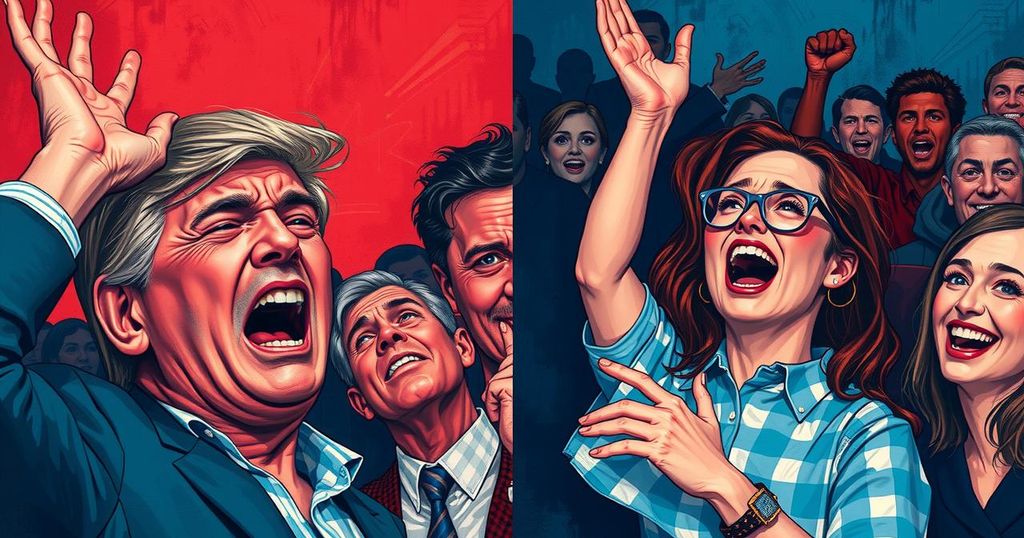Peter Obi Accuses Nigerian Youths of Being Paid to Insult Him

Peter Obi claims Nigerian youths are being paid ₦20,000 to insult him, triggering mixed online reactions about loyalty and accountability, alongside political rivalries, particularly as Segun Sowunmi hints at a 2027 presidential bid.
Peter Obi, the presidential candidate from the Labour Party, has stirred up conversations regarding Nigerian youths. He alleged that some youths are receiving ₦20,000 to smear him and others advocating for their benefits. This statement reflects Obi’s growing frustration in his pursuit to revamp the nation, which he voiced during an event in Washington DC, specifically at Johns Hopkins University.
The former governor of Anambra State had hoped to lead the country, but his journey took a hit when he ended up third in the recent elections, trailing Atiku Abubakar and Bola Tinubu. His continued criticism of President Tinubu since the elections has positioned him as a notable opposition figure in Nigeria. Following these comments about disloyal youths, reactions on social media have been a mix of support and critique.
The online responses reveal a significant divide. For example, Yakub Tijani argues that Obi’s supporters are the ones bashing people online, calling him manipulative. Similarly, others like Anthony Ibeh expressed frustration towards Nigerians in a disturbing tone, suggesting they don’t deserve empathy. Then there’s Oloyede, questioning what Obi achieved during his governorship aside from personal gain.
Yet not all comments are negative. Some users, such as Beejay, point fingers at those who support Bola Tinubu, saying they are intentionally kept poor and exploited during elections. Meanwhile, Obong Goodnews accused Obi of deflecting blame onto his opponents while dismissing his own followers’ actions. It’s clear that views on Obi’s remarks have sparked intense discussions about accountability and political loyalty.
In another political development, PDP chieftain Segun Sowunmi hinted at a run for the 2027 presidential elections. He expressed confidence in his ideas being superior, subtly critiquing both Peter Obi and his competitor, Bola Tinubu.
As the public continues to react to Peter Obi’s controversial claims, the conversation around political accountability, the influence of money in politics, and the role of youth in democracy remains a hot topic in Nigeria. The implications of these dynamics will likely influence not only the upcoming elections but also the political landscape going forward.
Peter Obi’s comments about Nigerian youths being paid to insult him have sparked a whirlwind of reactions, laying bare how divided public sentiment is. Some defend him, while others criticize his leadership and the efficacy of his supporters. With Sowunmi’s announcement to contest in 2027, it’s an ongoing saga in Nigeria’s political arena, highlighting issues of integrity, representation, and the future of youth involvement in politics.
Original Source: www.legit.ng







